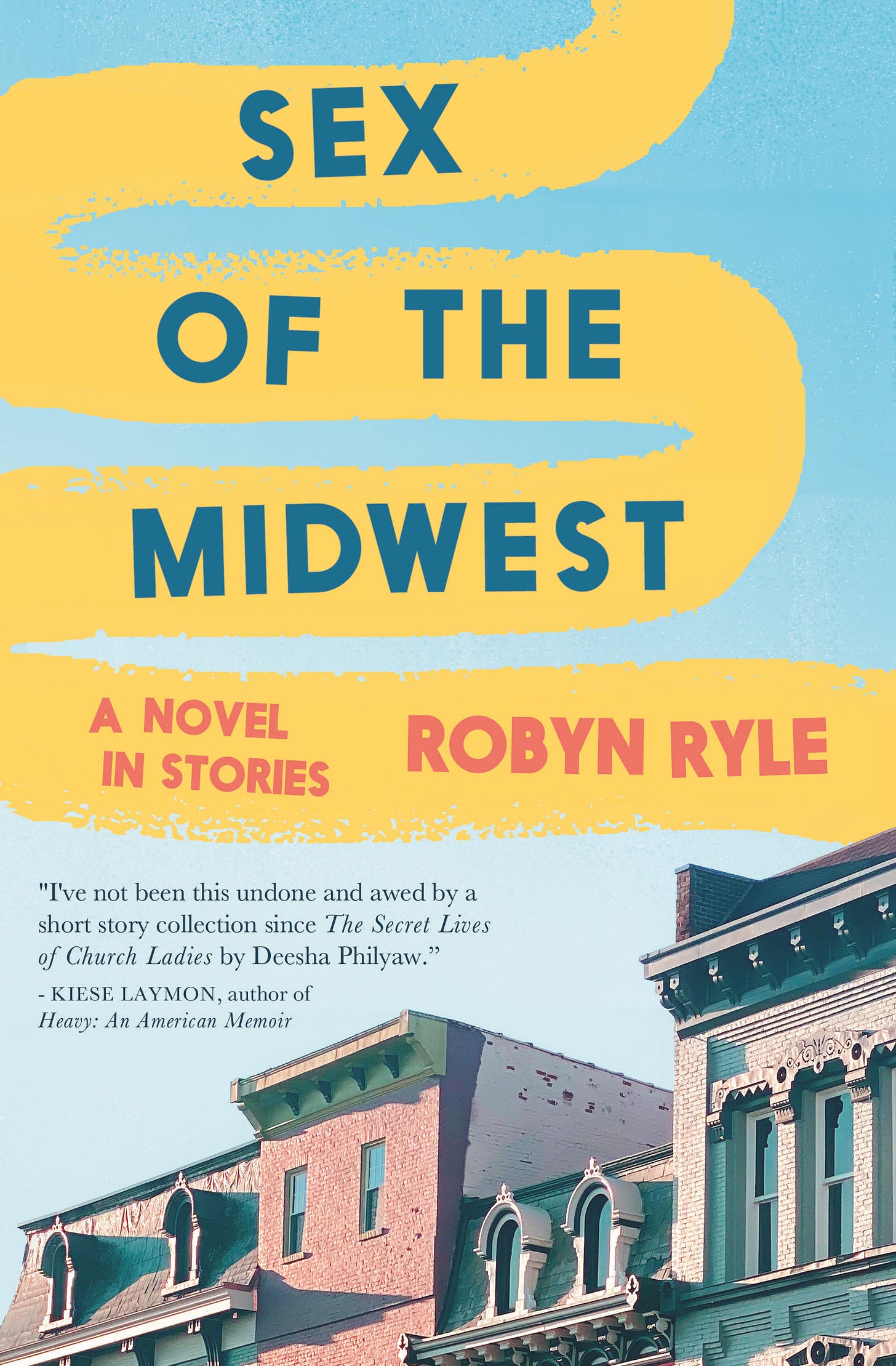When you’re playing a game and winning, that game seems totally fair. The rules all make sense. Following them leads inevitably to success. Hard work and talent are rewarded. All is right with the world.
When you’re playing a game and losing, the game is crap. The rules make no sense at all, like they were invented by gerbils. Demented gerbils. Even if you follow these demented gerbil rules, success does not follow. In fact, sometimes it seems as if you get punished for following the rules. Your hard and work and talent don’t matter at all. The world is shit.
I’m sure there’s some social psychological name for this phenomenon, along with many experiments to demonstrate exactly how it works. I don’t know the name of this phenomenon and I don’t need the experiments to know this is how it goes.
When I signed with my agent back in 2017, I can admit to a distinct sort of smugness. I had been writing novels and querying agents for about 4 years at that point. That didn’t seem like a particularly long time to me. I was having success publishing short stories and winning small contests in the meantime. I was following the rules and I believed I’d eventually start winning.
I got my agent when I switched to nonfiction. I saw his Tweet on #MSWL (Manuscript Wish List) back in the days when that was a thing. He was looking for middle grade and young adult nonfiction projects. I sent him the query. He made an offer. Ta-da! My rule-following paid off!
I never would have said this back then, but at the moment, I was convinced that this same thing was possible for anyone, assuming that they just kept trying. Yes, it had taken 4 years and lots of rejections. But my persistence eventually paid off. If everyone else kept at it, their persistence would pay off, too. If it didn’t, that wasn’t a flaw in the system. It was just that they hadn’t tried hard enough. Or, and I hate admitting that this thought occurred to me, that they just weren’t good enough.
I am not at all proud to admit this. I am, after all, a sociologist. I have in-depth understanding of how systems that proclaim to be meritocracies are, in fact, not. I have research-backed knowledge of how unfair most organizations are. Even sports, which we like to convince ourselves must be a meritocracy, is still dependent in part on who you know. I mean, do you think the Manning’s all just happen to be super-talented or does it help that they also have many connections to elite coaches and teams? Can you even become an NFL quarterback now without attending the elite (and very expensive) quarterback camps?
The problem is that it’s very hard when you’re winning at the game to admit that you’re winning not just because you’re really good at it, but also because you got lucky. Or because you knew the right person. Or because you’re white or straight or cisgender or able-bodied or middle class or, you know, live in New York.
Who wants to admit that? Who wants to say, “Yeah, I just got lucky.” Or, even worse, “Yeah, I’m here because I’m a very privileged person.” No one’s lining up for that, even if it’s partly the truth.
Four years after I got that agent, I got dropped by him. This is something that happens a lot in publishing, though not something that gets talked about as much. Like the rest of the world, we favor the stories of success more than the ones of failure. We like the story of how we got our agent, not the stories of how we’re on agent number 2. Or 4. Or 6. The books that went out on submission and never got picked up become footnotes to the larger story. They become obstacles we valiantly overcame.
This narrative of ultimate success is so hard to avoid. We bend our stories toward it. Everyone likes a winner. Who wants to read about the person who kept on trying and never succeeded? Those stories are so hard to find. I think of Hoop Dreams, the documentary about the kids who did not make it into the NBA. What other stories are there about people who try and do not succeed? Seriously, I’d love to hear those stories.
My novel-in-stories, SEX OF THE MIDWEST, got rejected over 80 times before it found a home at Galiot Press and then, yes, I’m saying it again, got a Kirkus starred review. It is so tempting to see those 80 rejections as some pre-ordained path to ultimate success. It is so tempting to construct a narrative of perseverance in the face of hardship. I got knocked down, but I got back up again, as the song goes.
I still don’t have an agent and I’m not being published by the Big Five, but in some sense, I’m on the winning side, a place I really thought I would never be again. This time, though, I get it. I’m resisting the urge to see it all as some neat narrative about how hard work and talent always pay off. They don’t. I have worked hard. I do, I think, have some talent (whatever that means). I didn’t, in fact, give up, mostly because I’m insanely and a little unhealthily stubborn. Also, I got very lucky. Also, I do know a few people here and there. Also, I am, in fact, white and cisgender and middle class and (mostly) able-bodied. Alas, I do not live in New York.
This time, I understand that just because the system worked for me doesn’t mean it works for everyone. It also doesn’t mean it will work for me next time. Or, in fact, ever again. The system is still sort of fucked because it’s a human system and all human systems are sort of fucked.
As a sociologist, it’s my job to push my students to ask questions about how things could be different. What would a better narrative be? Should we tell more stories about failure? How do you create a system that actually rewards hard work and talent? Is that even possible? Is it what we want? Should we be re-thinking what success means in the first place? What would that look like in publishing?
I don’t know. All I know is that when I felt like I was losing at this whole publishing game, it was really annoying to see the people on the winning side explaining to the rest of us how truly fair the system was. To see them lecturing us about how well the system worked, because it had worked for them. It was demoralizing and infuriating. It sucked. It felt like gaslighting and I’m trying not to do it.
So here I am, saying the things. I am so happy that my book is coming out into the world. I’m so grateful for the people who are making that happen. I’m so proud of the writing and the stories and the work I did to bring them into being.
And also, publishing is still not a meritocracy. The rules are stupid and they don’t work for everyone. Hard work and talent don’t always win in the end. This isn’t a fairy tale. It’s just our flawed and imperfect world.
There is an alternative version of this essay in which I talk about what success is in the first place. In that essay, I admit that even though I knew these stories were the best writing I’d ever done, I was sort of resigned to the fact that they’d never be published because they are weird and not set in New York and not about a menopausal woman losing her mind and having wild sex or whatever the latest publishing trend is at the moment (though there is a perimenopausal woman who has a breakdown on a beach that involves a duck, but not in a kinky way, I promise…no ducks were harmed in the writing of this book).
In that alternate essay, I wonder if this “success” came precisely because I had sort of given up. Isn’t that what they always tell you about dating? You meet the right person only when you’ve figured out how to be alone? That sort of worked for me. But, also, it feels like another fairy tale. Another kind of gaslighting.
Anyway, in that alternate essay, which perhaps I should write after all, I admit that what success really looks like for this book is that people in the town where I live read it and mostly love it. And I explain that my friend at the library got an advanced copy of the book from NetGalley and they read it and loved it and, on some level, that’s enough for me. Thanks, Jess.
But, Robyn, when can I buy the book, you might ask? Soon, soon, very soon, I promise. In the meantime, go ask Jess about it. Or mark it as to-read on Goodreads.
Also, if you want more stories that are about what it’s actually like in the world of publishing, check out ’s excellent podcast, The Long Road to Publishing.









I’m going to write something and then fail really really hard, because I know you’re also competitive and we can get into a Who Can Fail The Hardest contest.
Seriously, though: excited for the new book! I like buying books people I love have written. It’s like a little… I don’t know? Like a trophy? “Ha! My friend is cool! She wrote this book!” Or “My partner is amazing! Look at this program she developed!” Stuff like that. I just love it when my people are awesome and successful!
Damn, I want to read this, but here in UK I'm getting nothing. Will there be an eBook available for us Brits to buy?